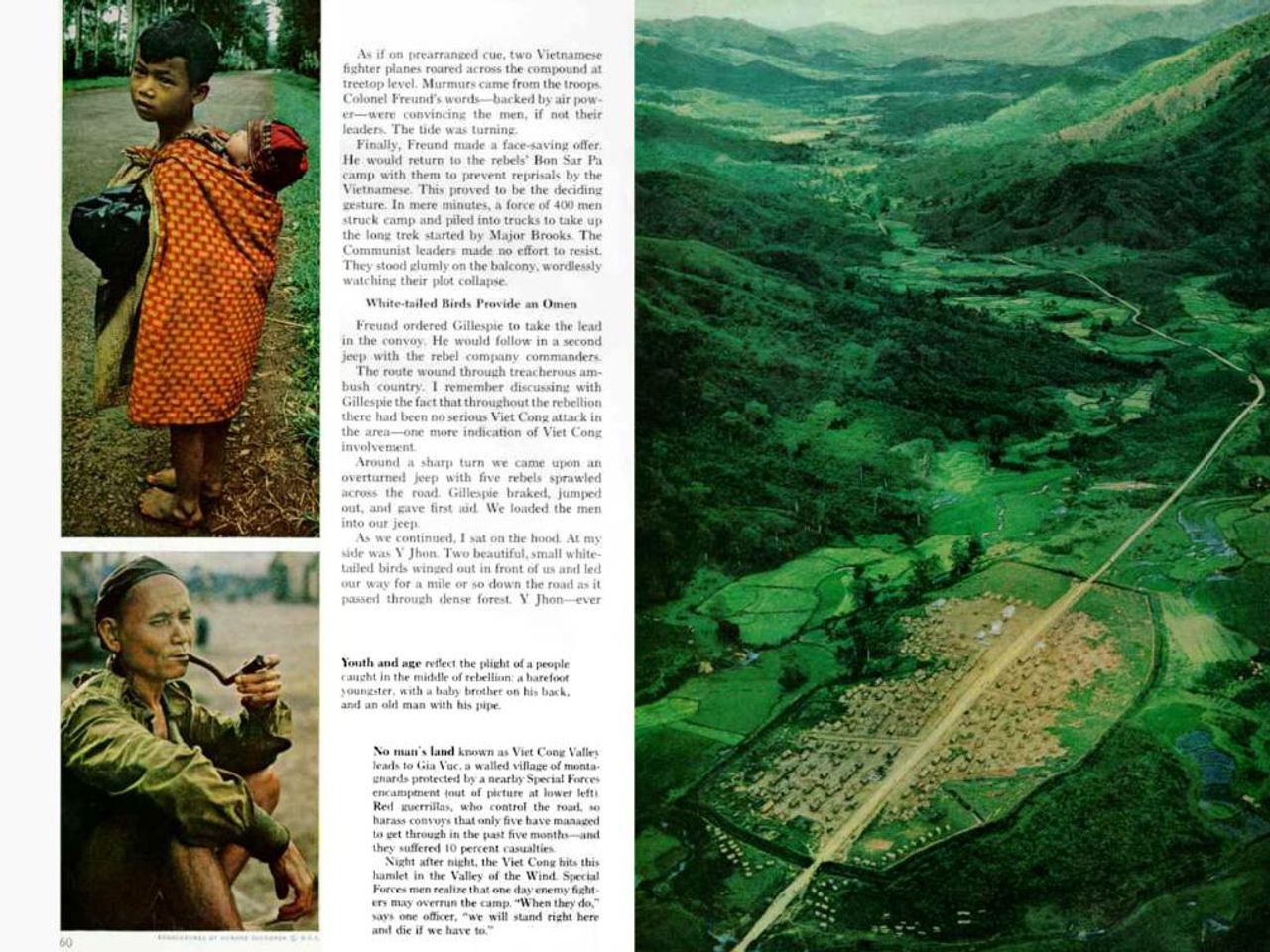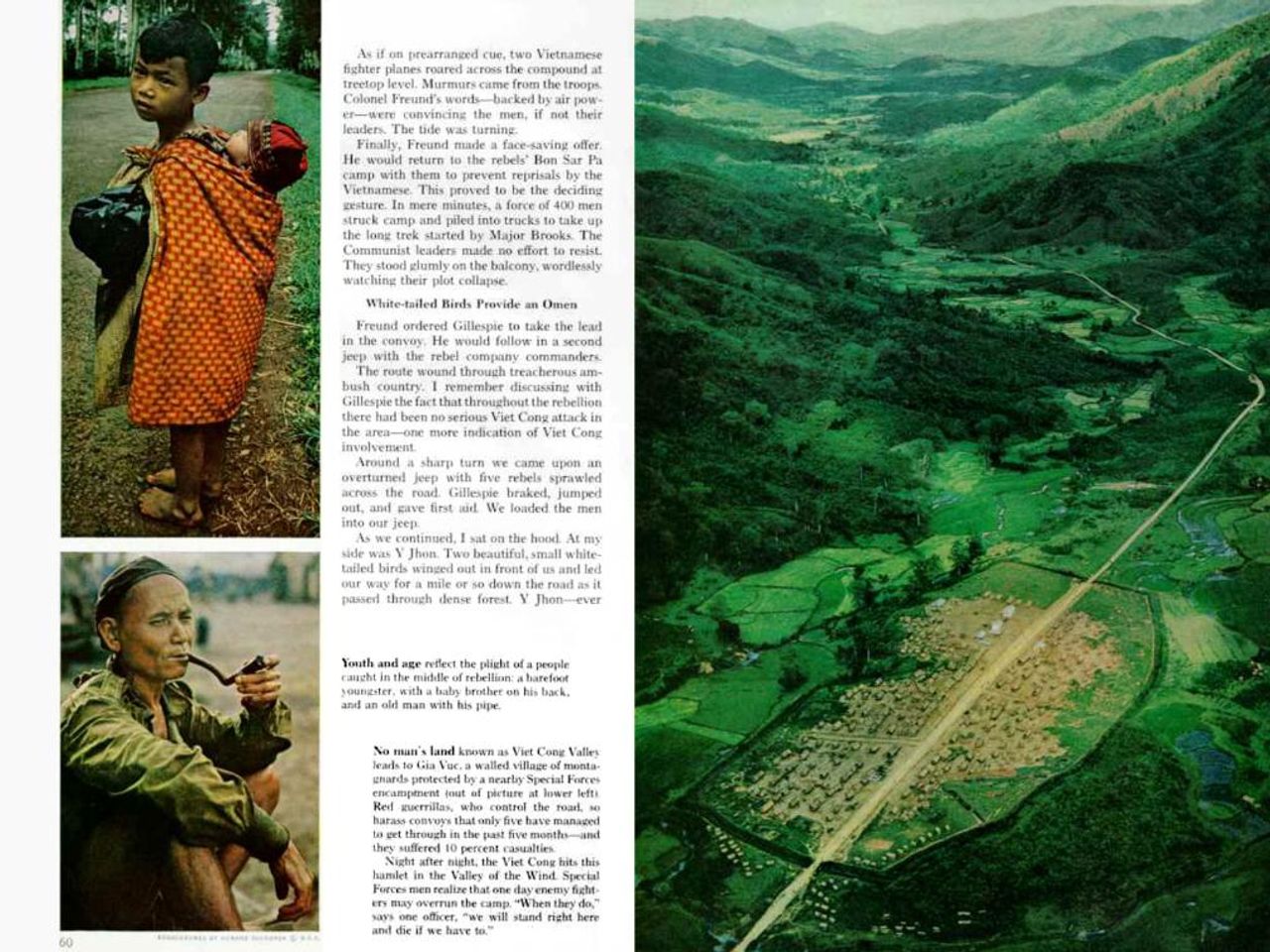Trump's New Travel Ban: Twelve Countries Denied Entry to the USA
Travel restrictions imposed on citizens from twelve nations ordered by Trump
In a recent move by President Donald Trump, citizens from twelve countries will be barred from entering the USA, starting from June 9. President Trump claims this decision will shield American citizens from "foreign terrorists," as stated in his White House Executive Order 14161. The countries affected are Afghanistan, Myanmar, Chad, the Republic of Congo, Equatorial Guinea, Eritrea, Haiti, Iran, Libya, Somalia, Sudan, and Yemen.
Insight: A White House document reveals that the travel ban is based on several factors, such as inefficient screening and vetting methods, national security risks, and high visa overstay rates in the listed countries. The countries also fail to cooperate with the U.S. in its deportation efforts and sharing identity and threat information.
Joining the partial ban are citizens of Burundi, Cuba, Laos, Sierra Leone, Togo, Turkmenistan, and Venezuela. The new restrictions were announced unexpectedly following Trump's remarks at a summer reception, calling attention to the lack of sufficient information about citizens of these countries and the potential threats they may pose to the United States.
Insight: The recent brutal attack on Jewish demonstrators in the state of Colorado led to twelve casualties, prompting the U.S. president to justify the travel ban as a precautionary measure to protect the nation from unvetted foreigners.
Flashback: During his first term, Trump imposed the controversial "Muslim Ban," prohibiting the entry of refugees and citizens from several predominantly Muslim countries, such as Iran, Iraq, Libya, Somalia, Sudan, Syria, and Yemen. Despite facing opposition and legal challenges, the U.S. Supreme Court eventually granted a final version of the ban, which also included non-Muslim countries like North Korea.
Insight: The ban was implemented in an effort to protect the U.S. from foreign terrorism and to address the national security concerns posed by certain countries.
On the other hand, hundreds of Venezuelan citizens who were deported to El Salvador must now have the opportunity to appeal their detention, according to a ruling by a U.S. District Judge James Boasberg. The Trump administration has been ordered to facilitate the submission of legal appeals, though it remains unclear if the deported individuals will return to the U.S.
Insight: The U.S. government should make it easier for these Venezuelans to submit their appeals in El Salvador. The ruling does not mandate the return of the deported individuals currently detained in a mega-prison in El Salvador.
- The community and employment policies of the White House Executive Order 14161, which barred citizens from twelve countries from entering the USA, were based on factors such as inefficient screening and vetting methods, national security risks, high visa overstay rates, and a lack of cooperation with the U.S. in deportation efforts and the sharing of identity and threat information.
- The recent travel ban announced by President Trump, including citizens from countries like Venezuela, has been supported by some political leaders as a precautionary measure to protect the nation from potential threats posed by unvetted foreigners, following the brutal attack on Jewish demonstrators in Colorado.







